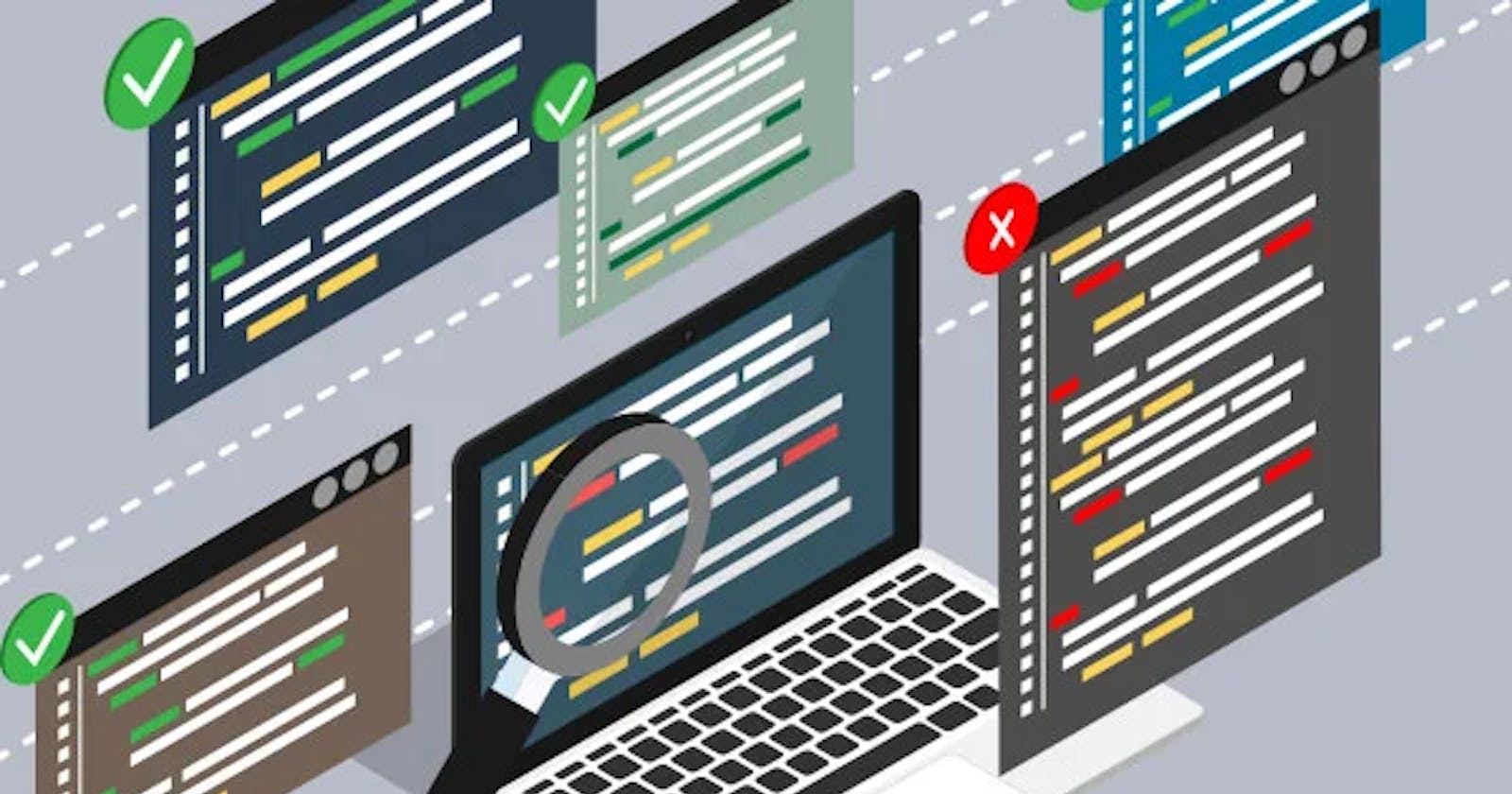Exploring Source Code Scan Tools: A Comparative Analysis
Source code scan tools play a crucial role in modern software development by helping developers identify security vulnerabilities, coding errors, and compliance issues in their codebases. With a plethora of scan tools available in the market, it's essential to understand their features, capabilities, and limitations. In this article, we'll explore several popular source code scan tools and compare them with each other.
1. SonarQube
SonarQube is an open-source platform for continuous inspection of code quality. It provides static code analysis to detect bugs, code smells, and security vulnerabilities in various programming languages. SonarQube offers a user-friendly interface, customizable rulesets, and integration with popular CI/CD tools.
Pros:
- Wide language support (Java, C#, JavaScript, Python, etc.).
- Detailed reports with actionable insights.
- Integration with IDEs and CI/CD pipelines.
- Extensive rule library with customizable configurations.
Cons:
- Requires setup and maintenance of SonarQube server.
- Limited support for dynamic code analysis.
2. Checkmarx
Checkmarx is a leading provider of static application security testing (SAST) solutions. It offers comprehensive source code analysis to identify security vulnerabilities, including SQL injection, cross-site scripting (XSS), and insecure authentication. Checkmarx provides detailed reports, remediation advice, and integration with development workflows.
Pros:
- Advanced security scanning capabilities.
- Support for a wide range of programming languages.
- Customizable policies and compliance standards.
- Integration with CI/CD pipelines and issue tracking systems.
Cons:
- Costly licensing fees.
- Resource-intensive scanning process.
- Steeper learning curve for configuration and customization.
3. Veracode
Veracode is a cloud-based application security platform that offers static and dynamic code analysis, software composition analysis (SCA), and manual penetration testing services. It provides actionable insights into security vulnerabilities, compliance risks, and code quality issues. Veracode supports a variety of programming languages and offers seamless integration with development tools.
Pros:
- Scalable and cloud-based architecture.
- Comprehensive security testing capabilities.
- Quick scan times with minimal false positives.
- Integration with CI/CD pipelines and issue tracking systems.
Cons:
- Higher pricing compared to other solutions.
- Limited customization options for scanning policies.
- Dependency on network connectivity for scanning.
4. Fortify
Fortify, owned by Micro Focus, is an enterprise-grade application security platform that offers static code analysis, dynamic application security testing (DAST), and software composition analysis (SCA). Fortify provides robust security testing capabilities, customizable scanning policies, and integration with DevOps tools.
Pros:
- Extensive security rulesets and vulnerability database.
- Support for compliance standards such as PCI DSS and OWASP Top 10.
- Integration with IDEs, CI/CD pipelines, and issue tracking systems.
- Flexible deployment options (on-premises or cloud).
Cons:
- Complex setup and configuration process.
- Requires dedicated training for effective usage.
- Higher cost compared to some other solutions.
Comparison Summary
Feature | SonarQube | Checkmarx | Veracode | Fortify
-----------------------|-------------------|-------------|---------------|----------------
Language Support | Wide | Wide | Wide | Wide
Security Capabilities | Moderate | Advanced | Comprehensive | Comprehensive
Customization | Extensive | High | Limited | High
Integration | CI/CD, IDEs | CI/CD, IDEs | CI/CD, Tools | CI/CD, Tools
Cost | Open-source, Paid | Paid | Paid | Paid
Deployment | Self-hosted | Cloud-based | Cloud-based | On-prem, Cloud
Conclusion
Each source code scan tool offers unique features, capabilities, and trade-offs. While SonarQube provides comprehensive code quality analysis, Checkmarx and Veracode excel in security testing with advanced vulnerability detection capabilities. Fortify stands out for its enterprise-grade security solutions and flexibility in deployment options. Ultimately, the choice of source code scan tool depends on the specific needs, budget, and preferences of the development team. Evaluating the features, integration capabilities, and cost-effectiveness of each tool is essential for making an informed decision in selecting the right solution for your organization's security and quality assurance needs.
